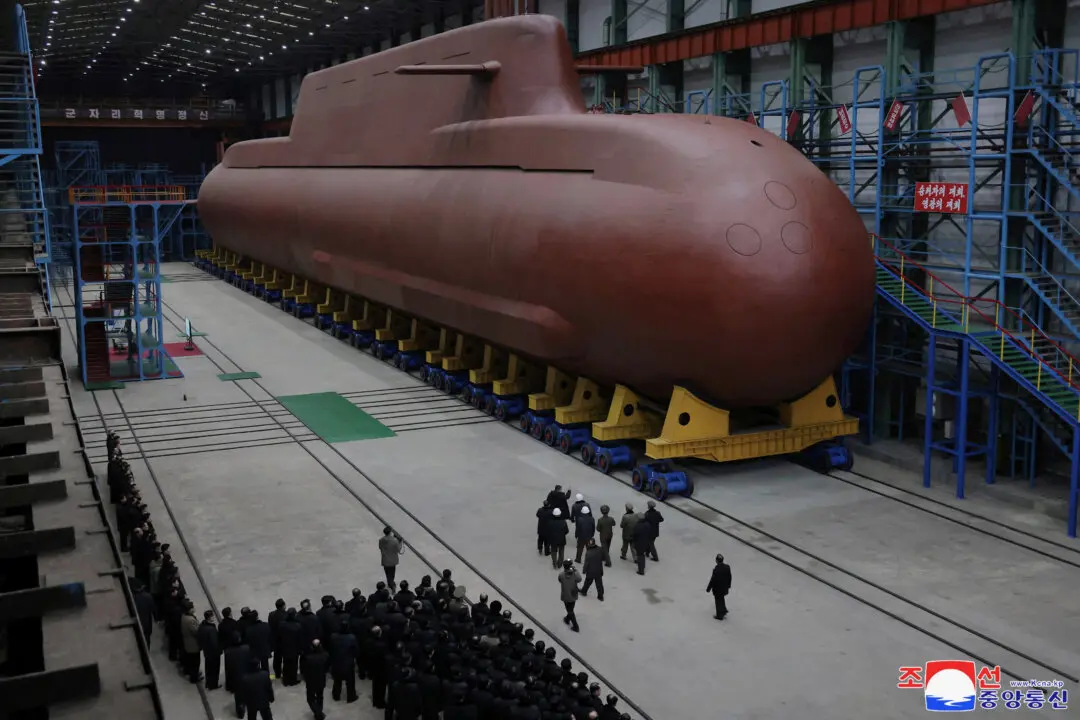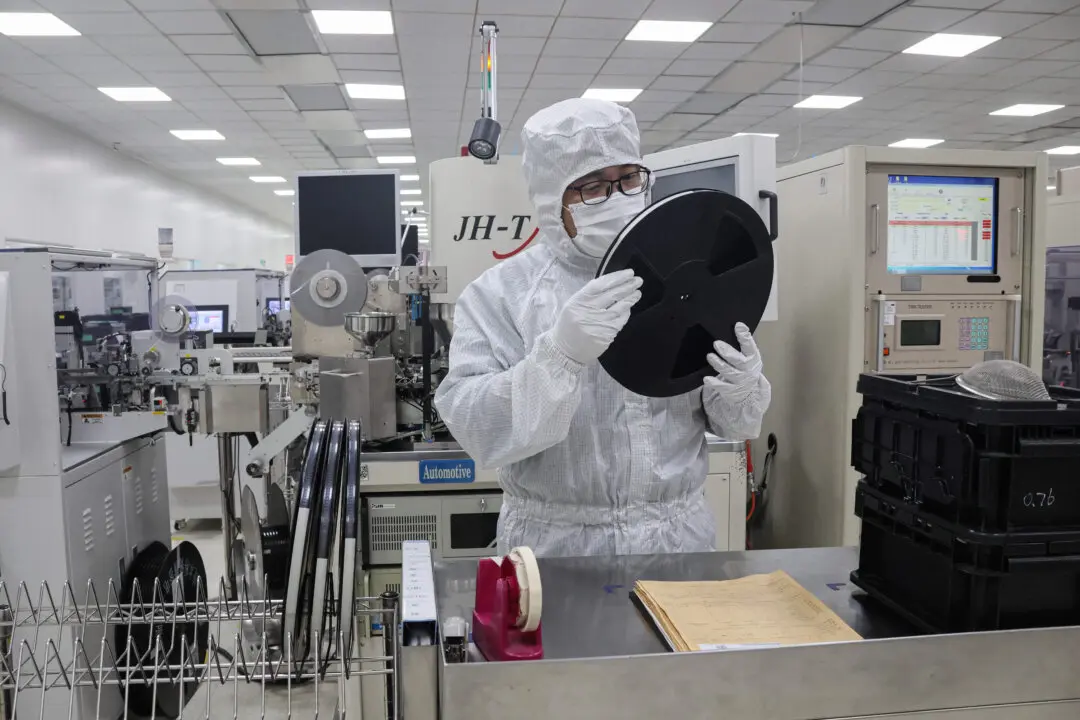Commentary
In hopes of advancing his ambitions for “strategic autonomy” of Europe from the United States during his April 5 to April 7 state visit to China, French President Emmanuel Macron did far more than give Chinese Communist Party (CCP) dictator Xi Jinping a propaganda victory by publicly suggesting some kind of weird moral equivalence between U.S. and Chinese policy regarding Taiwan.





